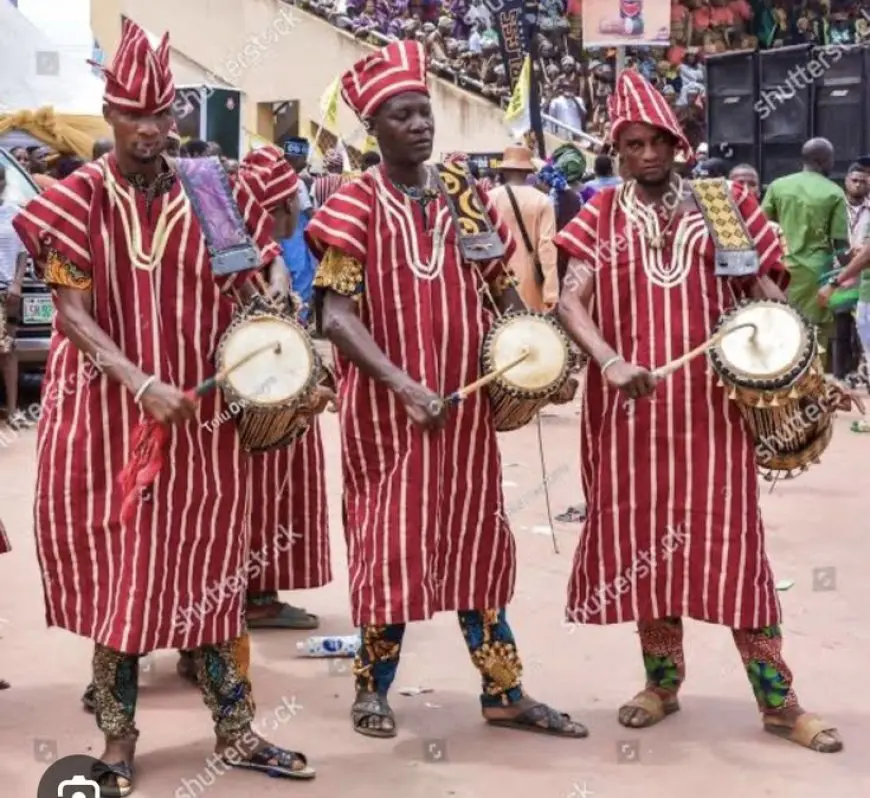How Music Genres Represent Different Cultures
How Music Genres Represent Different Cultures

Music is a universal language that transcends borders and connects people across time and space. It is not just an art form; it is a reflection of the cultures, histories, and emotions of the people who create it. Different music genres are often deeply tied to specific cultures, offering insights into the traditions, values, and social dynamics of those societies. From the soulful rhythms of jazz to the vibrant beats of reggae, each genre tells a unique story about the people and places from which it originates. Let's explore how music genres represent different cultures and why they hold such significance.
Music as a Cultural Expression
Music is one of the most profound ways in which people express their identity, beliefs, and experiences. It is deeply influenced by the environment, history, and social circumstances of the culture in which it is created. The sounds, instruments, rhythms, and themes in different genres often reflect the values and traditions of a community, making music an important medium for cultural storytelling.
For example, traditional Irish folk music uses instruments like the fiddle and the tin whistle to evoke the soundscape of Ireland’s rural past. The melodies are often reflective of the country’s agricultural lifestyle and rich storytelling tradition. Similarly, in West Africa, the djembe drum plays a central role in many musical styles, serving as a means of communication and celebration in various cultural ceremonies. Through these instruments and rhythms, music becomes a living history of the culture it represents.
Regional Influences and Origins
Each music genre often originates in a particular geographic region, influenced by the people’s way of life, geographical environment, and historical experiences. For instance, country music, which originated in the southern United States, reflects the experiences of rural life, economic hardship, and themes of love, loss, and work. It draws from a mix of folk, blues, and gospel traditions, highlighting the cultural melting pot of the American South.
In contrast, reggae music, which emerged from Jamaica in the 1960s, reflects the country’s socio-political landscape, including struggles with poverty, colonialism, and oppression. The reggae sound, with its laid-back rhythms and politically charged lyrics, became an anthem of resistance and unity for marginalized communities.
Similarly, the distinct sounds of flamenco music are emblematic of the cultural blend of Spain’s Andalusia region, influenced by a mix of Gypsy, Jewish, and Moorish traditions. The passionate rhythms and expressive guitar playing convey the intense emotional and cultural history of the people in the area.
Music as Social Commentary
Many music genres serve as a form of social commentary, reflecting the political, economic, and social challenges of a particular time and place. Punk rock, for example, emerged in the 1970s as a reaction to the political climate, economic inequality, and social alienation. Its raw, rebellious energy expressed disillusionment with authority and the status quo, representing the frustrations of youth in Western countries like the UK and the US.
Similarly, hip-hop originated in the streets of the Bronx, New York City, in the 1970s, as a way for young African Americans and Latinos to express their experiences with poverty, violence, and discrimination. Hip-hop was initially an underground movement that combined spoken word, rhythmic beats, and storytelling to address issues such as systemic racism, inequality, and the struggles of urban life.
Reggae, as mentioned earlier, is another genre that serves as a form of social and political commentary. Through the lyrics of artists like Bob Marley, reggae music communicated messages of unity, freedom, and resistance against oppression, becoming an international symbol of social justice movements.
The Role of Music in Cultural Preservation
Music plays an essential role in preserving cultural traditions and passing them down through generations. Genres like folk, bluegrass, and Native American music are often oral traditions, passed down by families or communities over time. These genres preserve stories, rituals, and beliefs that are central to a particular culture, allowing younger generations to maintain a connection to their cultural heritage.
In some cases, music serves as a means of resistance, helping cultures maintain their identity in the face of external pressures or colonization. For example, traditional Hawaiian music, with its distinctive use of the ukulele and slack-key guitar, was revived as part of a larger cultural movement to preserve native Hawaiian language and customs following years of colonial influence and cultural suppression.
Music as a Bridge Between Cultures
While music is deeply tied to culture, it also has the unique ability to bridge cultural divides. As genres like jazz, reggae, and rock spread globally, they have been embraced and adapted by people from different backgrounds. This cross-cultural exchange has resulted in hybrid genres that blend different musical traditions, creating entirely new sounds that continue to evolve.
For example, the fusion of jazz with Latin music in the 1940s and 1950s led to the creation of Latin jazz, which incorporates Afro-Cuban rhythms with the improvisational style of jazz. Similarly, reggae music has influenced various genres worldwide, including pop, hip-hop, and electronic music, allowing elements of Jamaican culture to reach audiences far beyond the island’s borders.
Furthermore, the global popularity of K-pop, a genre that blends elements of Korean pop music with international styles like hip-hop, R&B, and electronic dance music, has made it a cultural phenomenon. K-pop is not only a reflection of South Korea’s modern cultural landscape but also serves as a bridge that connects global audiences with Korean language and culture.
Music genres are powerful representations of the cultures from which they emerge. They tell stories of a people’s history, struggles, and values, while also serving as a means of expression, social commentary, and cultural preservation. From the rhythms of reggae to the soulful melodies of blues, music offers a window into the soul of a culture, allowing listeners to experience its nuances, emotions, and history. As music continues to evolve, it remains a vital force in shaping and reflecting the diverse cultural landscapes of the world.







